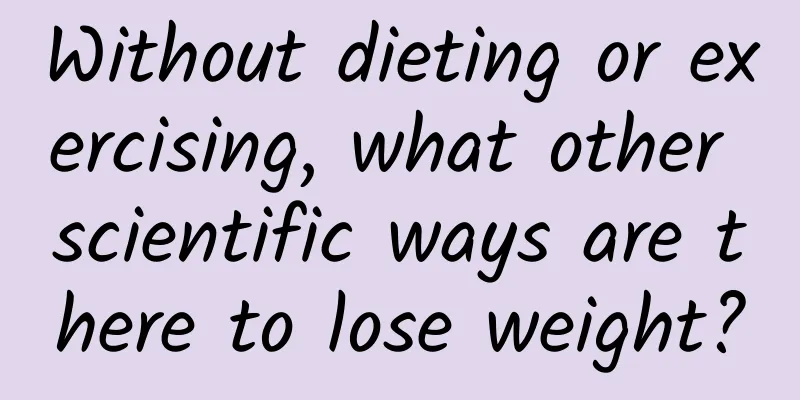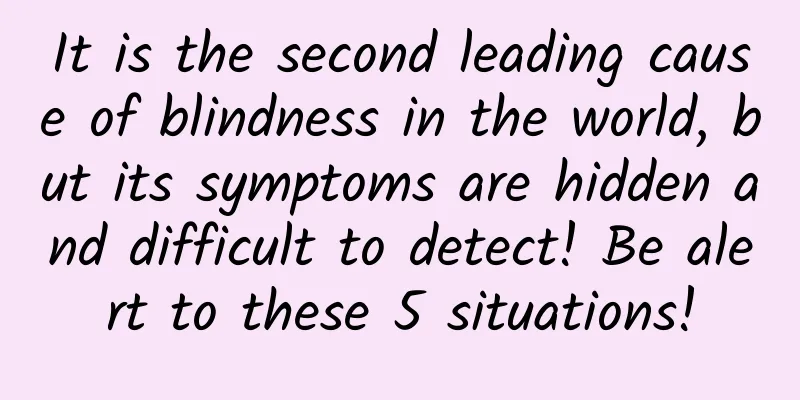Without dieting or exercising, what other scientific ways are there to lose weight?

|
In the pursuit of health and ideal body shape, many people think of dieting and exercise when they think of losing weight. However, for some people, dieting is difficult to stick to, and exercise lacks time and motivation. So, is there a scientific way to lose weight without dieting or exercise? 1. Adjust your diet Without dieting, you can increase the intake of vegetables, fruits, whole grains, and high-quality protein (such as chicken breast, fish, shrimp, and beans), and reduce the intake of high-calorie, high-fat, high-sugar and processed foods. Pay attention to the nutritional balance and diversity of food. Try to reduce the time you spend sitting or lying down, such as standing more often, walking up and down stairs, walking or riding a bicycle for short distances, etc. Lack of sleep may affect hormone balance and increase appetite. Ensuring 7-9 hours of high-quality sleep every day helps regulate metabolism and control weight. Long-term high stress can lead to hormone imbalance, increased appetite and weight gain. You can reduce stress through meditation, yoga, deep breathing exercises, etc. Water boosts your metabolism, and sometimes your body mistakes thirst for hunger, leading to unnecessary eating. Chewing slowly gives your brain enough time to receive the fullness signal, thus preventing you from overeating. Eat vegetables first, then protein foods, and finally staple foods. This will reduce the intake of staple foods. |
Recommend
What are the massage points for ovarian cysts?
The problem of ovarian cysts is a big problem tha...
Bleeding after sex
Sex life is one of the activities that people att...
Female body structure
The female human body is composed of many human o...
Brown leucorrhea
Abnormal leucorrhea proves that there is somethin...
Five major killers that cause cervical erosion
Cervical erosion is a manifestation of chronic ce...
What to do if the cesarean section incision becomes inflamed
Recovery is definitely required after a cesarean ...
How is static electricity generated? What harm does static electricity do to people?
In daily life, static electricity is everywhere, ...
Causes of right uterine pain
People say that money can buy medicine but it can...
38 weeks fetal amniotic fluid standard
The presence of amniotic fluid can create a healt...
How to cure ovarian cysts?
Many times, we ignore the early signs of ovarian ...
Will I get fat if I take the menstruation regulating and pregnancy promoting pills?
What most women are most worried about is probabl...
Can I drink rice wine if I have uterine fibroids?
Women are prone to a variety of gynecological dis...
Can I have sex 15 days after a miscarriage?
After an abortion, women must take a short confin...
Female private tattoo
Tattooing can be said to be a form of art from an...
Can I smoke while breastfeeding?
As people's minds gradually open up, many fem...









